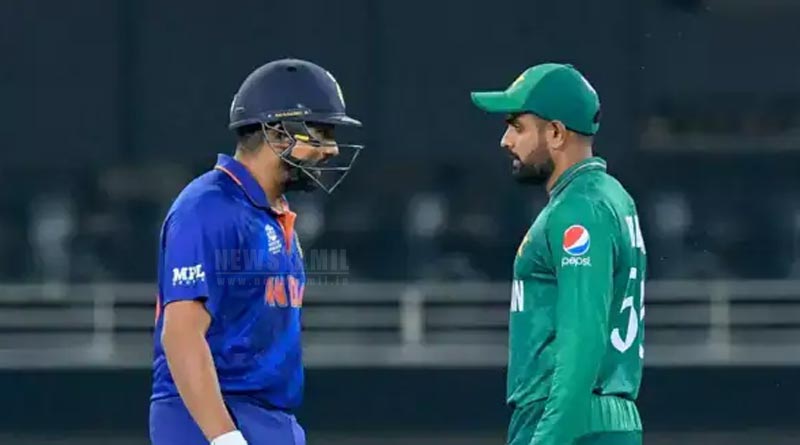In a dramatic turn of events, the cricketing world was abuzz with news that Team India was unlikely to travel to Pakistan for the upcoming Champions Trophy. This development came to light following a series of high-level discussions and decisions influenced by political and security concerns.
The Board of Control for Cricket in India (BCCI), citing the Modi government’s previous refusal to grant permission for Team India’s visit to Pakistan for the Asia Cup last year, took a firm stance. They approached the International Cricket Council (ICC) with a request to relocate the matches to a more neutral and secure venue, suggesting Dubai or Sri Lanka as potential alternatives. This move was seen as a proactive measure to ensure the safety and well-being of the players while maintaining the integrity of the tournament.
The Pakistan Cricket Board (PCB), in an effort to accommodate and salvage the situation, proposed a compromise. They suggested that India could play all its matches in one city within Pakistan, thereby minimizing travel and potential security risks. However, this proposal was reportedly rejected by India, further solidifying their position on not participating in the tournament on Pakistani soil.
The cricketing community, fans, and analysts were divided over these developments. While some supported India’s decision, emphasizing the importance of player safety and the geopolitical tensions between the two nations, others lamented the potential loss of an exciting and highly anticipated sporting event.
As the ICC deliberated on the matter, the future of the Champions Trophy hung in the balance. The decision would not only impact the tournament’s logistics but also have far-reaching implications for international cricket relations and diplomacy.




